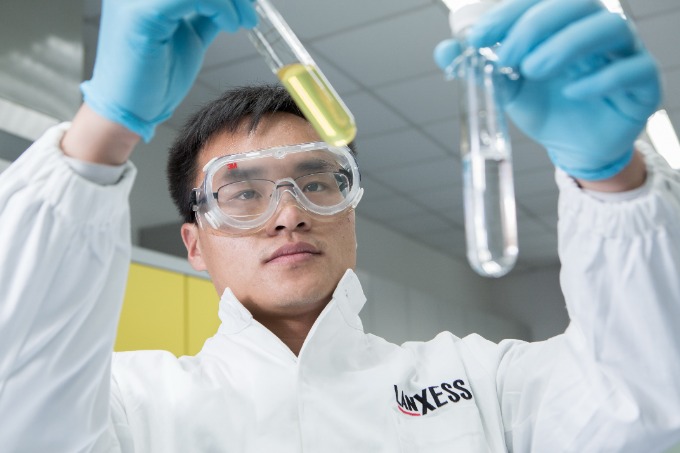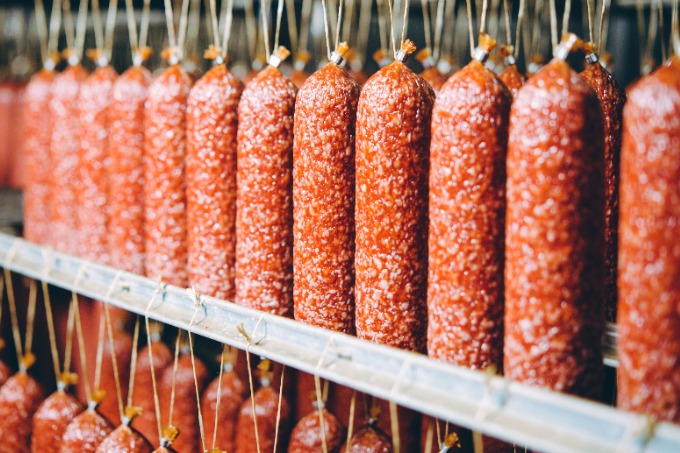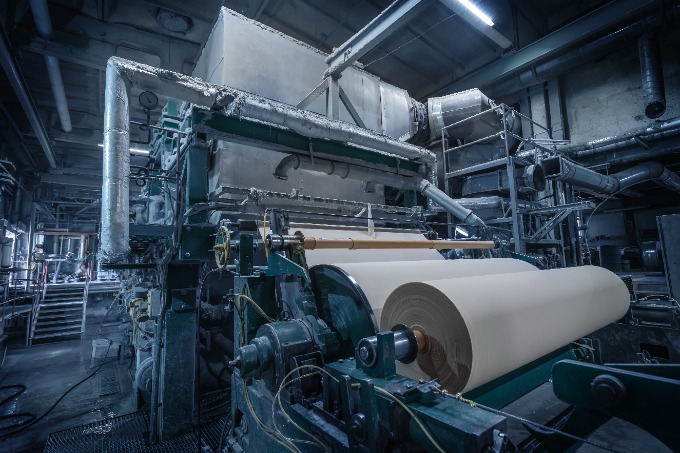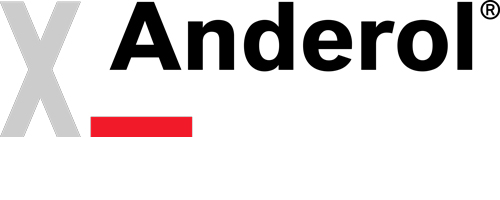The Challenge: High Temperatures Leading to Carbonization
A glass manufacturer reached out to one of our distributors in need of a solution for their problem. In the demanding environment of glass mouth cutting, high temperatures pose significant challenges. The extreme heat that is used during the glass cutting process was causing carbon residues to form on the spindle shafts in the glass mouth cutting machines. This carbon buildup was leading to blocked shafts, causing frequent production stops and requiring intensive weekly maintenance efforts.
The former “solution”.
The maintenance process involved disassembling the spindle shafts and removing the carbon residues using both chemical and mechanical methods. Despite these efforts, the solution was temporary, and the problem would recur, leading to continued production disruption, significantly impacting overall productivity, and high maintenance costs.
The Game-Changer: Anderol® 750
Seeking a more effective and sustainable solution, our distributor decided to implement Anderol® 750 for lubricating the spindle shafts. Known for its exceptional high-temperature performance (Nominal Operating Range -15°C to 230 °C) and solvency properties, Anderol® 750 offered a promising alternative.
Upon lubricating the spindle shafts with Anderol® 750, a remarkable transformation was observed. The solvency effect of Anderol® 750 dissolved the existing carbon residues, eliminating the need for disassembly and manual cleaning. Not only did this immediately resolve the carbon buildup issue, but it also prevented further carbon formation.
Benefits of Anderol® 750
- No metal additives to interfere with catalytic processes.
- High thermal oxidation stability, greatly reduces fire and explosion hazard.
- Eliminates lacquering and deposits.
- Reduces energy consumption.
The Results
- Reduced Maintenance: With Anderol® 750, the spindle shafts operated smoothly without the need for frequent maintenance. The elimination of carbon buildup meant that weekly disassembly and cleaning were no longer required.
- Increased Production: The elimination of production stops due to maintenance led to a significant increase in overall productivity. The glass mouth cutting machines could now operate continuously, maximizing output.
- Cost Savings: The reduction in maintenance labour and the elimination of chemical and mechanical cleaning resulted in substantial cost savings. Additionally, the extended operational life of the spindle shafts contributed to further savings.
Conclusion
The implementation of Anderol 750® in glass mouth cutting machines proved to be a game-changer for our distributor’s client. By resolving the issue of carbonization and eliminating the need for frequent maintenance, Anderol 750® not only improved operational efficiency but also significantly reduced costs. This success story underscores the critical role of high-performance lubricants in enhancing industrial processes and maintaining optimal productivity.





